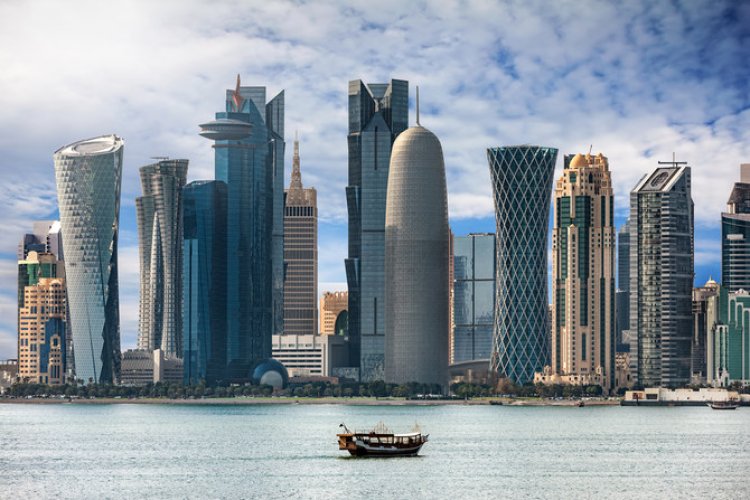2.5%.. Slowing down in the economic growth of the Gulf countries in 2023
The structural reforms carried out in the last few years supported the very modest growth rates this year.

The "World Bank" expected the economies of the Gulf Cooperation Council to grow at a slower pace in 2023 compared to the previous year due to the decline in oil and gas revenues and the slowdown in global economic activity.
It is expected that the economy of the Gulf Cooperation Council countries will grow at a rate of 2.5% in 2023 and 3.2% in 2024 compared to a remarkable growth during 2022 of 7.3%, due to the strong increase in oil production during this year.

Non-oil sectors
The reason for the weak performance is primarily due to the decrease in hydrocarbon GDP, which is expected to contract by 1.3% in 2023 after the announcement of the OPEC+ production cut in April 2023 and the global economic slowdown.
However, the strong growth in the non-oil sectors, which is expected to reach 4.6% in 2023, will reduce the shortcomings in hydrocarbon activities, and the main reason for this is due to private consumption and fixed investments and the facilitation of public finance policies in response to the relatively high oil revenues in 2023.
Structural reforms
The structural reforms carried out in the last few years supported the very modest growth rates this year.
The improvement of the business climate and competitiveness, and the general improvements in women's participation in the workforce in the Gulf Cooperation Council countries, especially in the Kingdom of Saudi Arabia, have led to the desired returns, despite the need to make more efforts aimed at achieving the desired diversity.
$ 16.7 billion
The World Bank report also highlights the large cost of non-communicable diseases on the economies of the Gulf Cooperation Council.
According to a recent study published in the Journal of Medical Economics, which is a collaborative effort between experts at the World Bank and key stakeholders from various GCC countries, the direct medical costs of seven major non-communicable diseases amount to $16.7 billion in 2019 alone.

$"80 billion" human losses
In addition, non-communicable diseases also impose large indirect costs on the economies of these countries, through the negative impact on human capital.
The cost of losses in workforce productivity alone in the GCC economies amounted to more than $80 billion in 2019.
With the aging of the population, and the spread of non-communicable diseases, these costs are expected to increase in the future and not decrease.


 Shrouq
Shrouq 












